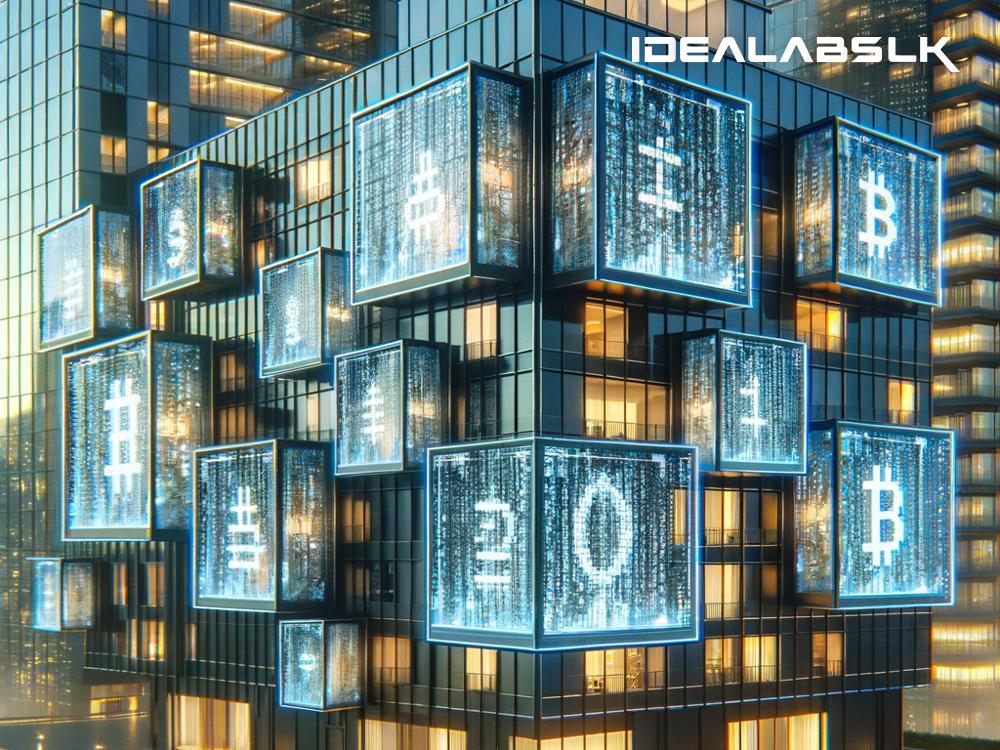How Blockchain is Revolutionizing Residential Property Management
In an era where technology is reshaping every aspect of our lives, the world of property management is no exception. Among the various innovations making waves, blockchain technology stands out, especially in residential property management. But what exactly is blockchain, and how is it causing such a stir in this sector? Let's break it down in simple English.
What is Blockchain?
Imagine a public ledger that securely records transactions, where each record is linked and secured using cryptography. This ledger is transparent, tamper-proof, and accessible to everyone involved. That's blockchain, in a nutshell. Initially popularized by cryptocurrencies like Bitcoin, blockchain now finds applications across various industries, including residential property management.
The Impact of Blockchain on Residential Property Management
Streamlining Transactions
Buying or renting a property involves numerous steps: searching for the right property, negotiating the terms, paying deposits, and signing contracts, to name a few. Blockchain can simplify these processes significantly. Smart contracts, which are self-executing contracts with the terms directly written into code, automate these transactions without the need for middlemen. This not only speeds up the process but also reduces the costs associated with legal fees and intermediaries.
Enhancing Trust and Transparency
Trust is a critical factor in any transaction, more so in property management where the stakes are high. Blockchain’s transparency ensures that all parties have access to the same information, facilitating trust. For instance, rental payments and maintenance expenditures can be recorded on the blockchain, providing a clear, immutable history that can be referenced by both landlords and tenants.
Improving Security
One primary concern in the management of residential properties is the security of personal and financial information. Blockchain technology, with its decentralized nature and cryptographic safeguards, offers a level of security that traditional systems struggle to match. It mitigates the risk of data breaches and fraud, giving both property owners and tenants peace of mind.
Facilitating Easier Payments
Blockchain enables the use of cryptocurrencies for transactions, which can make international payments simpler and cheaper. This is particularly beneficial for landlords and tenants in different countries, eliminating the need for currency conversion and reducing transaction fees. Moreover, the speed of blockchain transactions means that payments can be processed almost instantly, unlike traditional banking systems that can take days.
Decentralizing Property Management
Perhaps the most revolutionary aspect of blockchain is the potential for a decentralized approach to property management. Platforms built on blockchain allow for direct interactions between landlords and tenants, without the need for centralized property management agencies. This can lead to more personalized arrangements and potentially lower costs, as the fees typically charged by these agencies are reduced or eliminated.
Challenges and the Way Forward
Despite its potential, blockchain in residential property management is not without challenges. Regulatory hurdles, the need for widespread adoption, and the technical complexities of blockchain technology are significant barriers. Moreover, the shift to a decentralized system requires a change in mindset for many in the real estate sector, accustomed to traditional methods of property management.
However, the benefits of blockchain are too significant to ignore. As technology evolves and becomes more user-friendly, and as regulations adapt to new realities, we can expect to see more widespread implementation of blockchain in residential property management.
Final Thoughts
Blockchain technology offers a promising solution to many of the inefficiencies and problems facing residential property management today. From streamlining transactions and improving security to facilitating international payments and enabling a decentralized approach, the potential is vast. While challenges remain, the future of residential property management looks bright with blockchain. As we move forward, embracing this technology could lead to more transparent, secure, and efficient property management practices, transforming the landscape of residential real estate.
In essence, blockchain is not just a buzzword in the world of property management; it's a revolutionary technology that has the potential to reshape how we buy, sell, and rent homes. For landlords, property managers, and tenants alike, staying informed and open to the possibilities that blockchain presents is crucial as we step into this new era of property management.

